Are you considering adding a lovable and loyal furry friend to your family? If so, have you thought about getting a Bulldog? Bulldogs are a popular breed known for their wrinkly faces, stocky build, and friendly personalities. They make great companions for families, singles, and seniors alike. But before you make a decision, it’s important to understand the unique traits and needs of Bulldogs to ensure they are the right fit for your lifestyle. In this article, we will explore the characteristics of Bulldogs and what it takes to care for them as pets.
Breed Category: Non-Sporting Group
Country of Origin: England
Average Size:30-40 cm
Average Weight:18-25 kg
Average Life Span: 8-10 years
Grooming Requirements: Low
Exercise Requirements:Low
History and Origin
The Bulldog is a breed of dog that has become an iconic symbol of British culture. Known for their stocky build, wrinkled faces, and tenacious personalities, Bulldogs have been a beloved companion to many for centuries. The history and origin of the Bulldog is a fascinating story that spans several centuries and continents.
The Bulldog’s origins can be traced back to the ancient Greeks, who bred a type of dog known as the Molossus. This dog was used for hunting and fighting, and was known for its strength and courage. The Molossus was eventually brought to England by the Romans, where it was bred with local dogs to create the Bulldog we know today.
The Bulldog’s early history in England is closely tied to the sport of bull-baiting. This brutal practice involved setting a Bulldog loose on a tethered bull, with the goal of bringing the bull down. The Bulldog’s powerful jaws and tenacity made it well-suited for this task, and bull-baiting became a popular pastime in England in the 16th and 17th centuries.
Despite its popularity, bull-baiting was eventually outlawed in England in 1835. This led to a decline in the Bulldog’s popularity, as the breed was no longer needed for its original purpose. However, a group of dedicated breeders continued to work with the Bulldog, refining its appearance and temperament to create the beloved companion we know today.
One of the most famous Bulldog breeders of the 19th century was a man named Bill George. George was known for his skill in breeding Bulldogs with a more gentle temperament, and his dogs became popular with the upper classes of British society. The Bulldog’s popularity continued to grow throughout the 20th century, and the breed became a symbol of British culture and identity.
Today, the Bulldog remains a beloved companion to many people around the world. While the breed’s history is rooted in a violent and cruel past, modern Bulldogs are known for their gentle and affectionate nature. They are a testament to the power of human ingenuity and compassion, and a reminder that even the most unlikely of creatures can become a beloved member of the family.
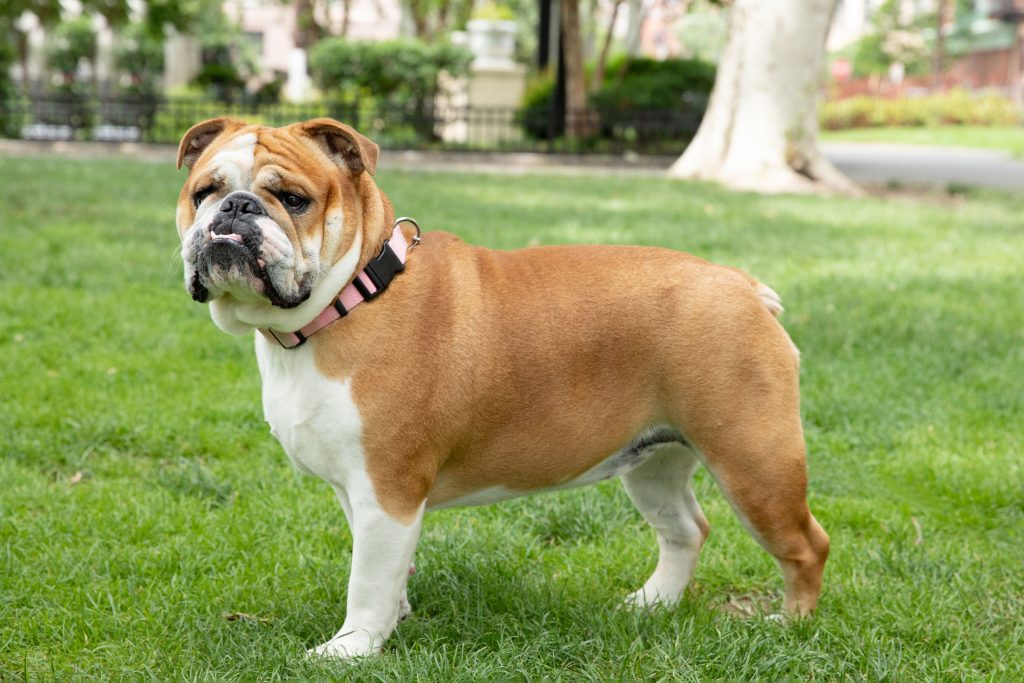
Size and Breed Category
The Bulldog is a medium-sized breed of dog that is known for its muscular build and distinctive wrinkled face. They typically weigh between 18-25 kg and stand at a height of 30-40 cm at the shoulder. Bulldogs have a short, smooth coat that comes in a variety of colours including white, fawn, brindle, and black. They have a broad chest, thick neck, and powerful legs that give them a sturdy and compact appearance. Bulldogs are classified as a non-sporting breed and are known for their calm and friendly temperament.
Bulldogs are a brachycephalic breed, which means they have a short, wide skull and a flattened face. This unique feature can cause breathing difficulties and other health issues, so it’s important for owners to be aware of their dog’s respiratory needs. Bulldogs are also prone to obesity, so regular exercise and a balanced diet are essential for their overall health and wellbeing. Despite their stocky build, Bulldogs are known for their gentle and affectionate nature, making them a popular choice for families and individuals alike.
Fur Length and Colour
The fur of a Bulldog is typically short and smooth, with a glossy appearance. The length of the fur can vary slightly depending on the individual dog, but it generally measures between 1-2 centimeters in length. The texture of the fur is soft to the touch, and it is not prone to matting or tangling.
Bulldogs come in a variety of colours, including brindle, fawn, white, and black. The most common colour for Bulldogs is brindle, which is a mixture of brown and black stripes. Fawn Bulldogs have a light tan coat, while white Bulldogs have a pure white coat. Black Bulldogs have a solid black coat, which can sometimes have a slight sheen to it. Some Bulldogs may also have a combination of these colours, such as a brindle and white coat.
Termperament and Trainability
Bulldogs are known for their friendly and affectionate temperament. They are loyal and devoted to their owners, making them great family pets. They are also known for being calm and patient, which makes them a good choice for families with children. Bulldogs are not typically aggressive, but they can be stubborn at times. They require consistent training and socialization to prevent any unwanted behavior. Overall, bulldogs are a great choice for those looking for a loving and loyal companion.
When it comes to trainability, bulldogs can be a bit challenging. They are known for being stubborn and independent, which can make training difficult. However, with patience and consistency, bulldogs can be trained successfully. Positive reinforcement techniques work best with this breed, as they respond well to praise and rewards. It is important to start training early and to be consistent with commands and expectations. Overall, bulldogs may require a bit more effort when it comes to training, but with the right approach, they can be well-behaved and obedient pets.
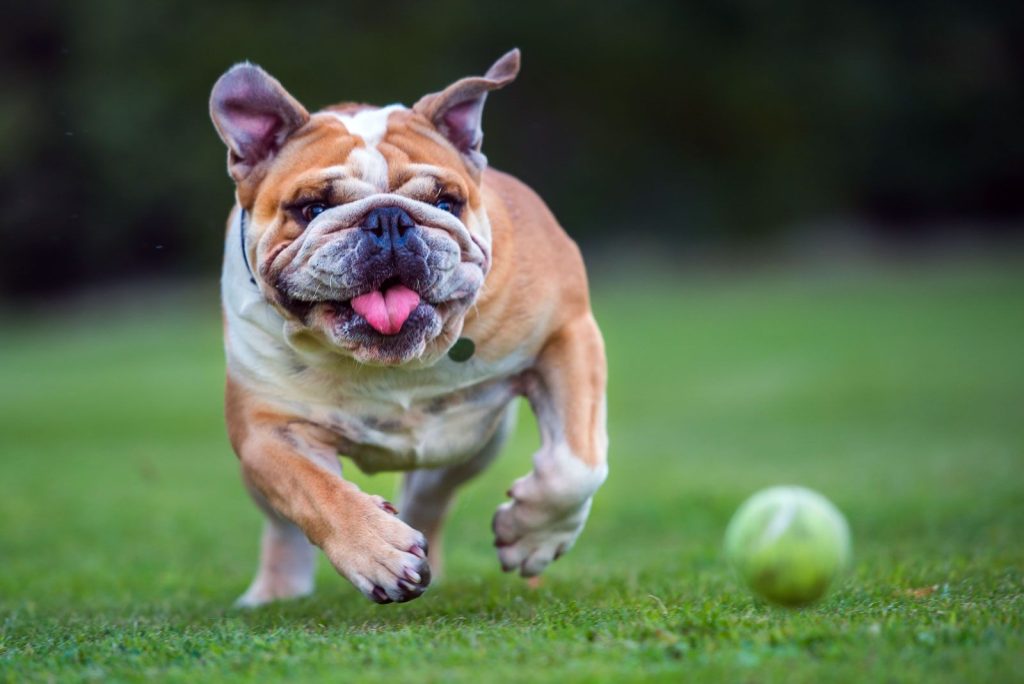
Known Health Conditions
Bulldogs are prone to a number of health conditions, many of which are related to their unique physical characteristics. One of the most common health issues in bulldogs is respiratory problems. Their short snouts and flat faces can make it difficult for them to breathe properly, leading to snoring, wheezing, and even sleep apnea. Bulldogs are also prone to overheating, which can be dangerous in hot weather. Owners should take care to keep their bulldogs cool and well-hydrated, especially during exercise or outdoor activities.
Another health concern for bulldogs is skin problems. Their wrinkled skin can trap dirt and moisture, leading to infections and irritation. Bulldogs are also prone to allergies, which can cause itching, rashes, and other skin problems. In addition, bulldogs are at risk for joint problems such as hip dysplasia and arthritis. These conditions can cause pain and mobility issues, especially as the dog ages. Owners should monitor their bulldogs for signs of joint pain and take steps to manage these conditions as needed.
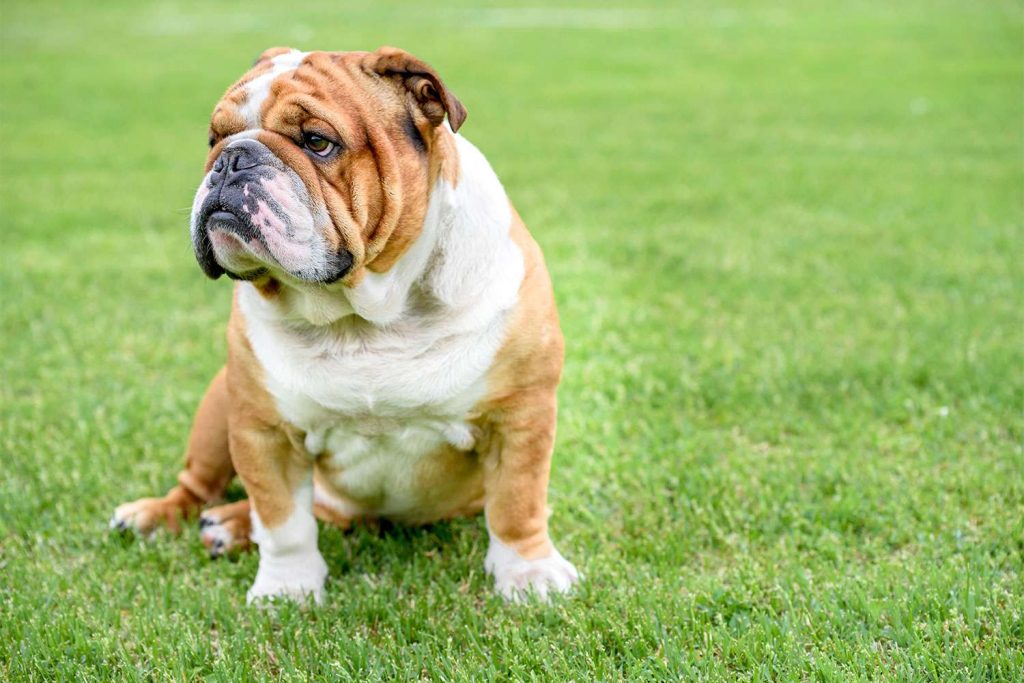
Openness to Strangers
Bulldogs have a reputation for being friendly and approachable towards strangers. They are known to be sociable and enjoy meeting new people. This breed is often described as being very laid-back and easy-going, which makes them a popular choice for families with children. Bulldogs are also known for their loyalty and affection towards their owners, which can make them protective of their family members. However, they are generally not aggressive towards strangers and are happy to greet visitors with a wagging tail and a friendly face.
Bulldogs are not known for being particularly active or energetic, which can make them a good choice for people who live in smaller homes or apartments. They are content to spend most of their time lounging around the house, and are not usually prone to destructive behavior. Bulldogs are also known for being good with other pets, including cats and other dogs. They are not typically territorial or aggressive towards other animals, and are often happy to share their space with other furry friends. Overall, bulldogs are a friendly and easy-going breed that can make great companions for people of all ages.
Playfulness Level
The Bulldog is a breed that is known for its playful nature. They are energetic and love to play with their owners. They are also known for their love of toys and will often spend hours playing with them. The Bulldog’s playful nature makes them a great companion for families with children, as they are always up for a game of fetch or tug-of-war. They are also great for people who enjoy outdoor activities, as they love to run and play in the park. Overall, the Bulldog’s playful nature is one of their most endearing qualities.
In addition to their love of play, the Bulldog is also known for their sense of humor. They are often described as being clownish and will do anything to make their owners laugh. They are also known for their silly antics, such as rolling over on their backs and wiggling their legs in the air. The Bulldog’s sense of humor is one of the reasons why they are so beloved by their owners. They are always up for a good laugh and will go to great lengths to make their owners smile. Overall, the Bulldog’s playful and humorous nature makes them a great addition to any family.
Suitability as a Pet for Children
Bulldogs have a friendly and affectionate nature, making them a great pet for children. They are known for their loyalty and love to be around their owners. Bulldogs are also low maintenance and do not require a lot of exercise, making them suitable for families who may not have a lot of time to dedicate to long walks or runs. However, it is important to note that Bulldogs can be prone to health issues, such as breathing difficulties, so it is important to ensure they receive proper care and attention.
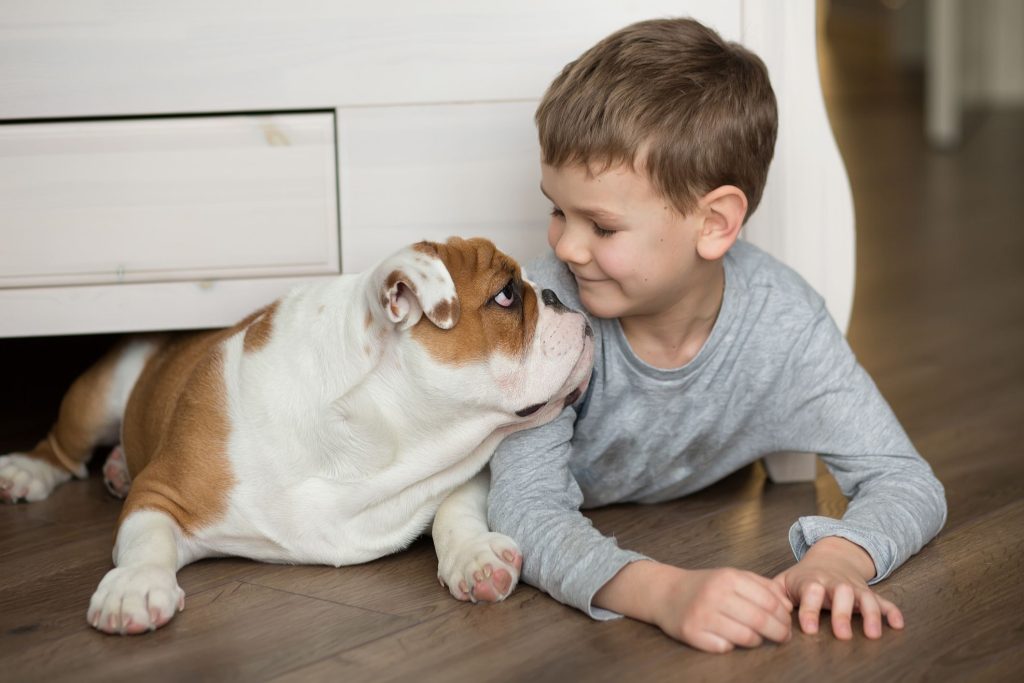
Exercise Needs
Bulldogs require regular exercise to maintain their physical and mental health. They are a muscular breed that can easily become overweight if they do not receive enough exercise. A daily walk of at least 30 minutes is recommended, but they also enjoy playing in a secure, fenced area. Bulldogs are not known for their endurance, so short bursts of activity are more suitable for them. They are also prone to overheating, so exercise should be avoided during the hottest parts of the day.
In addition to physical exercise, Bulldogs also benefit from mental stimulation. They are intelligent dogs that enjoy learning new things and solving puzzles. Training sessions can be a great way to provide mental stimulation while also reinforcing good behavior. Bulldogs also enjoy playing with toys, especially those that challenge their problem-solving skills. It is important to provide a variety of toys and rotate them regularly to prevent boredom.

Suitability for a Multi-Pet Family
Bulldogs have a reputation for being stubborn and independent. However, they can get along well with other pets if they are socialized properly from a young age. It is important to introduce them to other animals gradually and under supervision. Bulldogs may be territorial and protective of their owners, but with proper training and socialization, they can learn to coexist peacefully with other pets.
Housing Requirements
Bulldogs require a living space that is well-ventilated and spacious enough to accommodate their size. They need a comfortable and cozy bed to rest on, which should be placed in a quiet area of the house. Bulldogs are prone to overheating, so it is important to keep their living space cool and well-ventilated. They also require regular exercise, so a secure outdoor space is necessary for them to play and run around in. It is important to note that Bulldogs are not strong swimmers, so any outdoor space with a pool or water feature should be closely monitored.
Bulldogs have a short, smooth coat that requires minimal grooming. However, they do shed moderately, so regular brushing is recommended to keep their coat healthy and shiny. Bulldogs are also prone to skin allergies, so it is important to keep their living space clean and free of dust and allergens. They require a balanced diet that is high in protein and low in fat, as they are prone to obesity. It is important to monitor their food intake and provide them with regular exercise to maintain a healthy weight. Bulldogs are also prone to dental issues, so regular teeth cleaning and dental check-ups are necessary to keep their teeth and gums healthy.
Summary
Bulldogs have a reputation for being loyal and affectionate companions, making them a popular choice as pets. They are generally low-energy dogs, which means they are well-suited to apartment living and don’t require a lot of exercise. However, they can be prone to health issues, particularly respiratory problems, so potential owners should be prepared for potential vet bills. Additionally, their stubborn nature can make them difficult to train, so patience and consistency are key when it comes to obedience training. Overall, Bulldogs can make great pets for the right owner who is willing to provide them with the care and attention they need.
Bulldog Dog FAQS
Bulldogs can be stubborn and require consistent training, but with patience and positive reinforcement, they can be trained successfully.
Yes, Bulldogs are known for being great with children and make excellent family pets.
Yes, Bulldogs are prone to certain health issues such as hip dysplasia, respiratory problems, and skin allergies. Regular vet check-ups are important.
Yes, Bulldogs can adapt well to apartment living as long as they get enough exercise and attention.
Bulldogs have short hair and do not require extensive grooming. Regular brushing and occasional nail trimming is sufficient.
Yes, Bulldogs do shed, but not excessively. Regular grooming can help manage shedding.
Bulldogs require moderate exercise, around 30-60 minutes per day.
Bulldogs only need to be bathed every 2-3 months, unless they get particularly dirty or smelly.
The average weight of a Bulldog is between 18-23 kg.
The average lifespan of a Bulldog is 8-10 years.
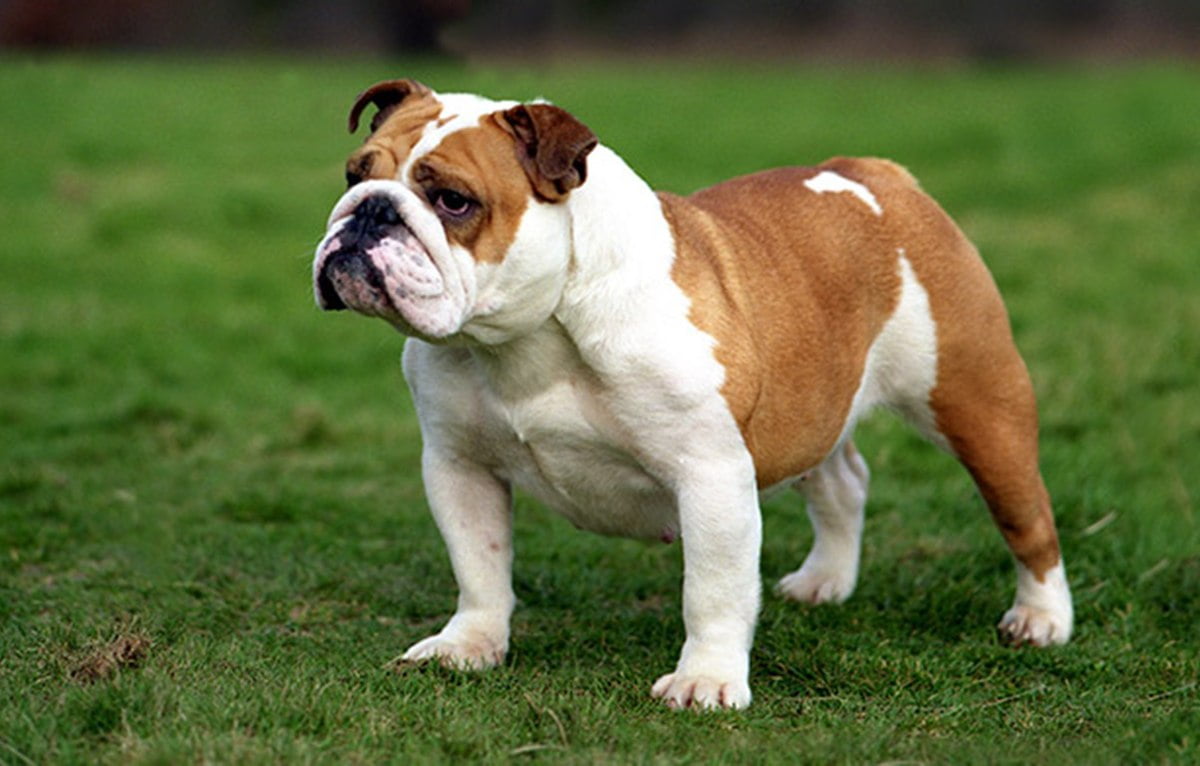

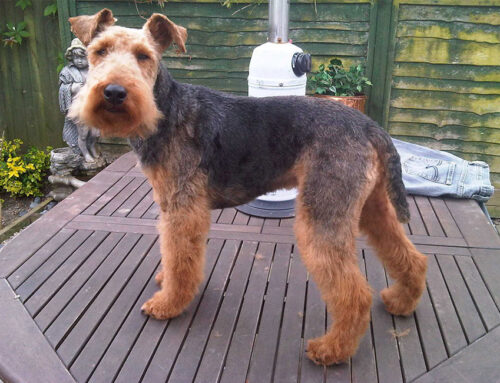

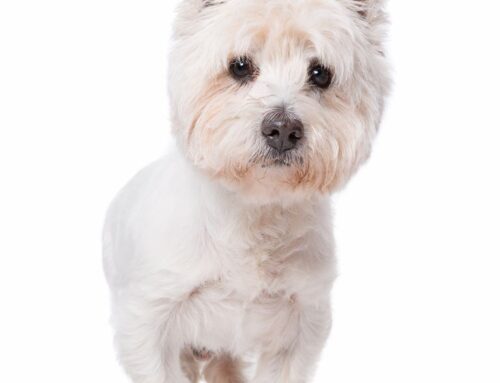
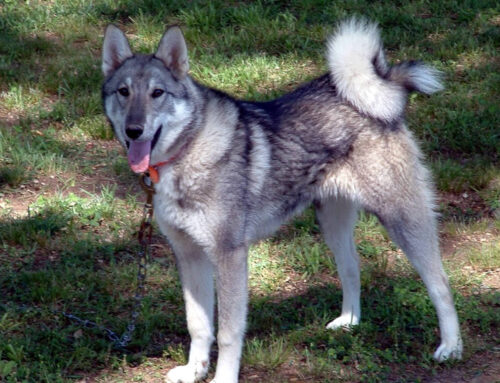
Leave A Comment